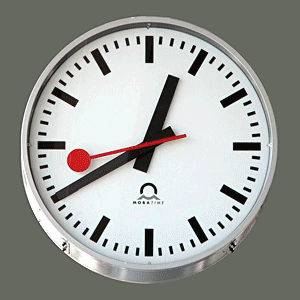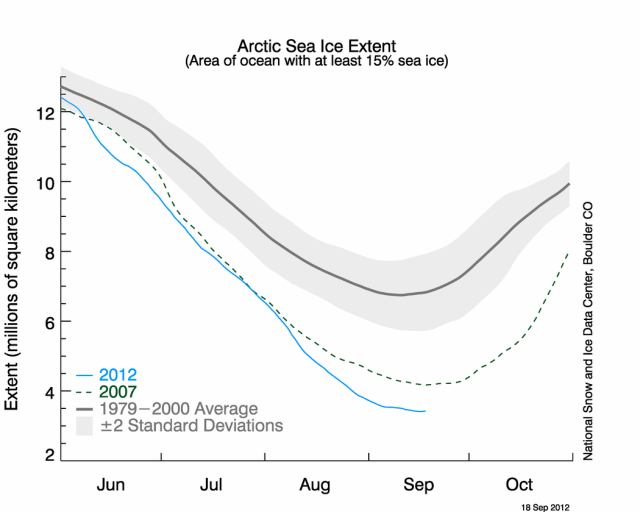
Apple added a Clock app to the iPad in iOS 6, but the company may get into trouble for the visual look of the app’s analog-style clock face. According to Swiss newspaper Tages Anzeiger, Apple’s designers copied the iconic—and trademarked—look of the Swiss Federal Railway (Schweizerische Bundesbahnen, or SBB) clocks used in train stations all over Switzerland. And the SBB wants Apple to pay up.
This isn’t the first time Apple has used an iconic design for an iOS app. The original iOS calculator used a design that paid homage to the classic Braun ET44 calculator. Apple SVP of Industrial Design Jonathan Ive is well-known as an unabashed fan of Braun designer Dieter Rams.
However, SBB noted that it has a copyright and trademark on the design of its railway station clocks, which have become an icon of both SBB and Switzerland itself. “We enjoy the fact that the Swiss railway clock is being used by Apple. It once again proves that it’s a real piece of design,” SBB spokesperson Christian Ginsig said. “This act, however, is an unauthorized use [of the clock’s design] by Apple.”
from Ars Technica

